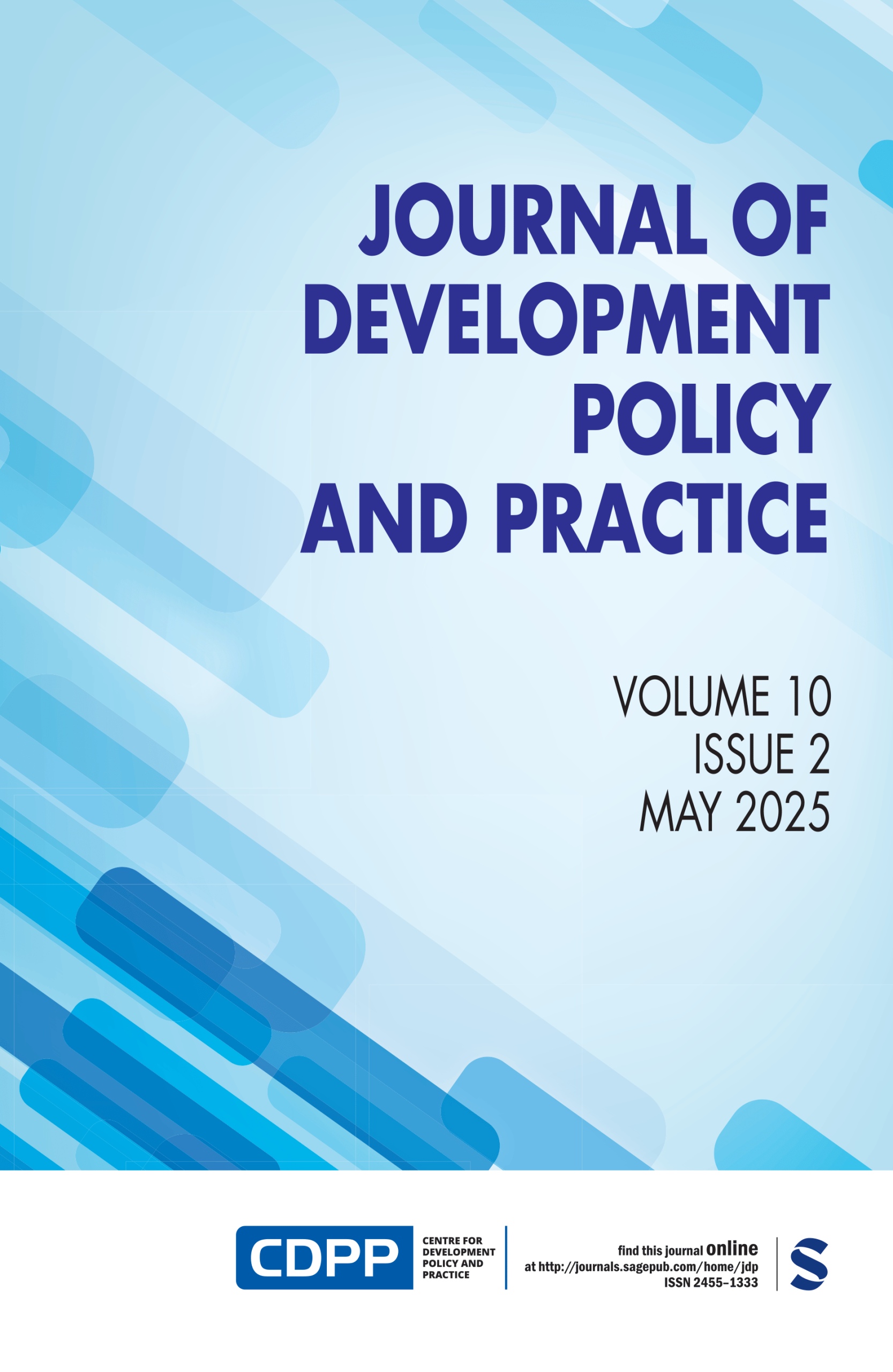Az előadásra hibrid formában kerül sor Zoom felületen, illetve személyesen a K.0.11-12-es földszinti előadóban 2024.10.24-én, 13.00 órától.
Előadó: Varga Kinga
BIO: Kinga Varga is a doctoral candidate at the University of Ljubljana and a Research Assistant at the HUN-REN KRTK-KTI, where she is a member of the Education and Labour Economics research group. She holds a Master’s degree in Survey Statistics and has completed Master’s studies in Sociology at Eötvös Loránd University (ELTE). Her research focuses on multivariate statistical analysis, particularly clustering techniques, with an emphasis on improving methodological frameworks for complex data. Her PhD work involves generating and evaluating different clustering approaches on synthetic data through simulations.
Cím: The labour market effects of the financial crisis: the moderating role of overconfidence
Absztrakt: Over the last twenty years, most economies have been hit by large economic shocks, which have negative effects on workers. During the global financial crisis and subsequent Great Recession, a substantial number of workers exited the labour market; however, there was heterogeneity in who was affected. Our study attempts to shed light on a previously under-explored source of this heterogeneity: non-cognitive traits. We examine how non-cognitive traits, namely overconfidence measured in adolescence, moderate the impact of a negative economic shock on workers. We exploit variation in the severity of the recession across different industries in Britain using cohort data on workers born in 1970 (BCS70). We find that both men and women were indeed more likely to lose their jobs if they worked in an industry hit harder by the crisis, conditional on social background and educational attainment. Overconfidence has shown a protective power against negative economic shocks among women but not among men. Women with high overconfidence were significantly less likely to become jobless following the crisis than women with low overconfidence, highlighting its importance as a potential source of resilience.









